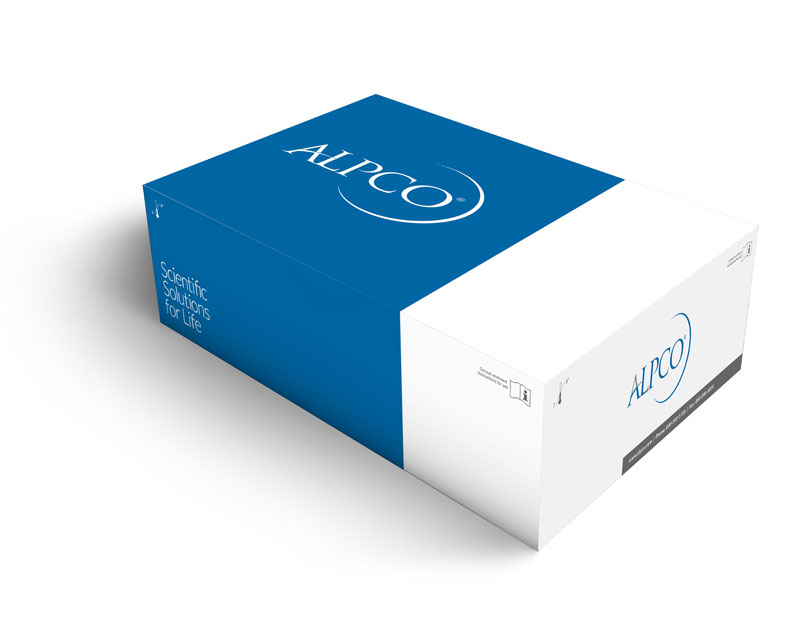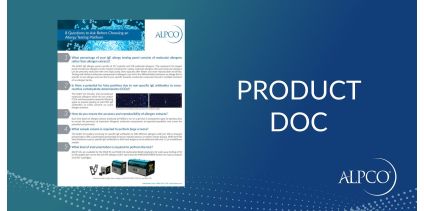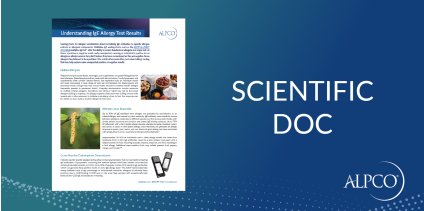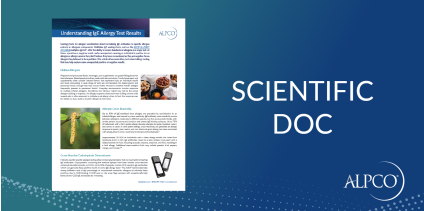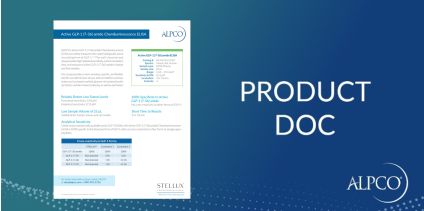Rat Liver Fatty Acid Binding Protein ELISA (Rat L-FABP ELISA)
$840.00
Catalog
41-LFART-E01
The Fatty Acid Binding Protein (FABP) test kit is a highly sensitive two-site enzyme linked immunoassay
(ELISA) for measuring FABP in biological samples of Rat. Research Use Only. Not for Use in Diagnostic Procedures.
Species
Rat
Regulatory Status
Research Use Only. Not for Use in Diagnostic Procedures.
Product Distribution
Available Worldwide
Range
12.5-400 ng/mL
Sensitivity
12.5 ng/mL
Sizes
96 Wells
Sample Types
Plasma, Serum
Inc Time Hour
1
Inc Time Minute
30
Inc Time Overnight
No
Inc Time See Protocol
No
Sample Size
20
Detection
Colorimetric
Fatty acid-binding proteins (FABPs) are a class of cytoplasmic proteins that bind long chain fatty acids. FABPs are small intracellular proteins (~13-14 kDa) with a high degree of tissue specificity. They are abundantly present in various cell types and play an important role in the intracellular utilization of fatty acids, transport and metabolism. There are at least nine distinct types of FABP, each showing a specific pattern of tissue expression. Due to its small size, FABP leaks rapidly out of ischemically damaged necrotic cells leading to a rise in serum levels. Ischemically damaged tissues are characterized histologically by absence (or low presence) of FABP facilitating recognition of such areas.
Liver-type fatty acid binding protein (L-FABP, FABP1) is predominantly expressed in liver. The L-FABP protein is derived from the swine FABP1 gene. L-FABP is a sensitive marker for cell damage of liver cells in vitro and in vivo. L-FABP is also a marker for rapid hepatocyte lysis in vitro (as for example in toxicology assays) and for detection of liver damage during and after transplantation.
Liver-type fatty acid binding protein (L-FABP, FABP1) is predominantly expressed in liver. The L-FABP protein is derived from the swine FABP1 gene. L-FABP is a sensitive marker for cell damage of liver cells in vitro and in vivo. L-FABP is also a marker for rapid hepatocyte lysis in vitro (as for example in toxicology assays) and for detection of liver damage during and after transplantation.

